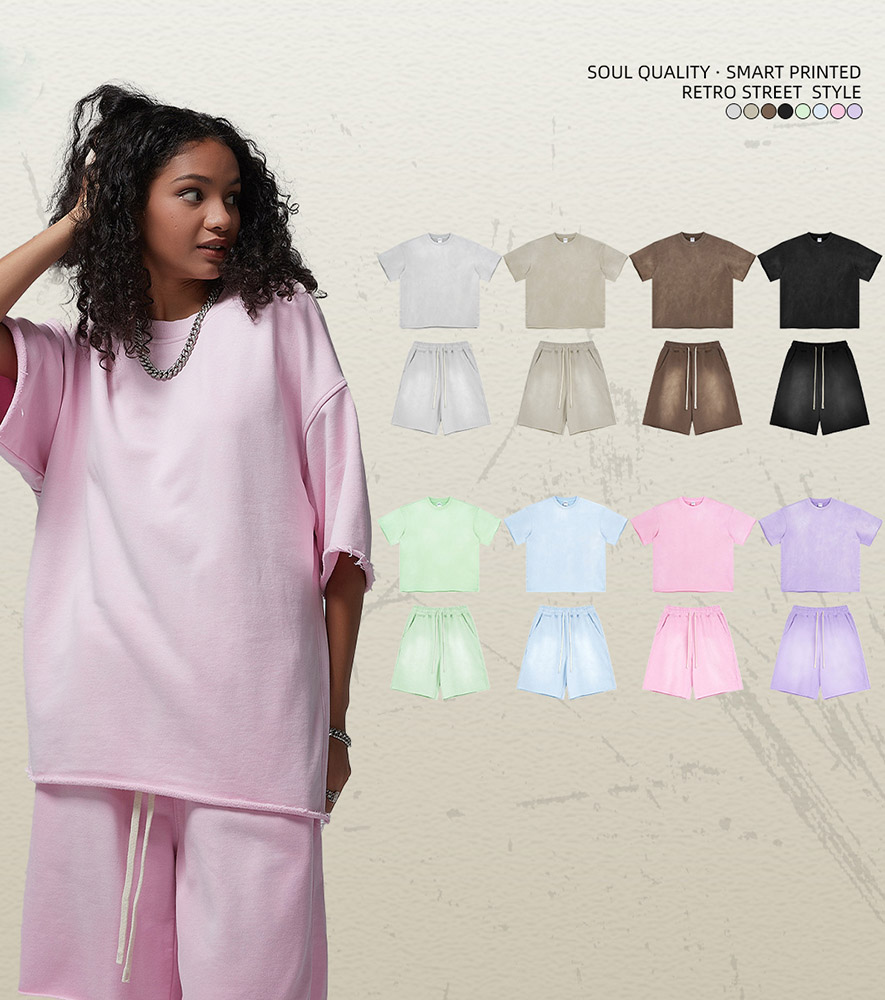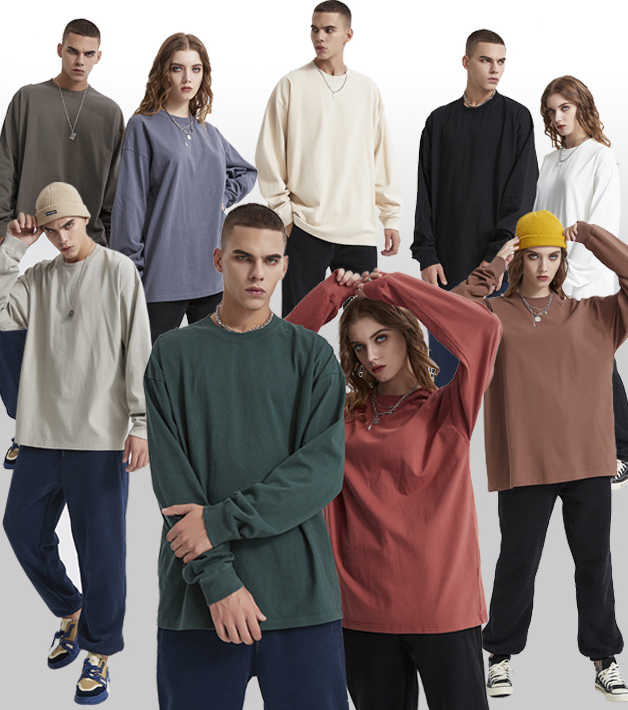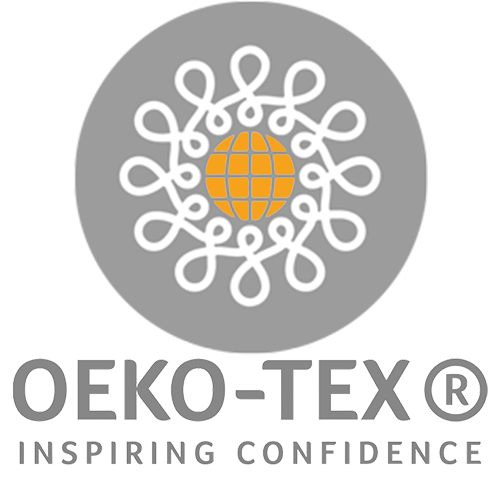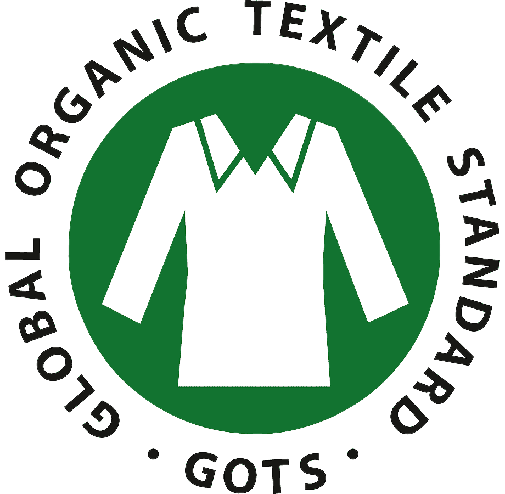TALA is a well-known sustainable activewear brand that promises ethical production and eco-friendly materials. But where are TALA products actually made?
TALA products are manufactured in ethical factories located in Portugal, Turkey, China, and other carefully selected regions that align with the brand’s sustainability and fair labor values.
Understanding TALA’s production process helps consumers determine whether the brand truly upholds its sustainability and ethical claims. Let’s take a closer look at where and how TALA manufactures its products.

What countries manufacture TALA’s activewear?
TALA partners with factories in different parts of the world, prioritizing ethical production and sustainability.
Most TALA products are made in Portugal, Turkey, and China, where the company ensures fair wages and responsible sourcing.
Key Manufacturing Locations
| Country | Why TALA Manufactures There |
|---|---|
| Portugal | High-quality textile production, strict labor laws |
| Turkey | Strong expertise in sustainable fabric innovation |
| China | Advanced recycling technology for eco-friendly materials |
Each country is chosen based on production expertise and sustainability efforts.
Does TALA use ethical factories?
Sustainability is a core value of TALA, but how does it ensure ethical manufacturing?
TALA claims to work only with factories that meet high ethical standards, ensuring fair wages, safe working conditions, and eco-conscious production.
How TALA Ensures Ethical Manufacturing
✔ Works with certified factories that meet labor and environmental standards
✔ Maintains fair wage policies for workers
✔ Reduces waste and promotes low-impact production
✔ Conducts factory audits to monitor working conditions
By carefully selecting its production partners, TALA maintains transparency and accountability in its supply chain.

What materials are used in TALA products?
TALA’s commitment to sustainability extends to its fabric choices.
Most TALA products are made from recycled materials, organic fabrics, and biodegradable fibers.
Eco-Friendly Fabrics Used by TALA
| Fabric Type | Sustainability Benefit |
|---|---|
| Q-NOVA® Recycled Nylon | Reduces waste by repurposing old fabrics |
| TENCEL™ Modal | Biodegradable and sourced from sustainable wood pulp |
| Recycled Polyester | Made from post-consumer plastic bottles |
| Bamboo Fabric | Naturally antibacterial and requires less water to grow |
These materials help TALA reduce its carbon footprint while maintaining quality and performance.
How does TALA compare to other sustainable brands in manufacturing?
TALA competes with brands like Patagonia, Girlfriend Collective, and Pangaia, all of which focus on ethical production.
Compared to other brands, TALA balances affordability with sustainability, making ethical activewear more accessible.
TALA vs. Other Sustainable Brands
| Brand | Manufacturing Countries | Sustainability Rating | Price Range |
|---|---|---|---|
| TALA | Portugal, Turkey, China | High | $$ |
| Patagonia | USA, Vietnam, Sri Lanka | Very High | $$$ |
| Girlfriend Collective | Taiwan, Vietnam | Very High | $$$ |
| Pangaia | Portugal, Italy, Asia | High | $$$ |
TALA’s manufacturing locations allow it to maintain ethical production while keeping prices competitive.
Does TALA have any sustainability certifications?
Certifications are important for verifying a brand’s sustainability claims.
TALA works with certified factories and materials, but it does not yet have globally recognized sustainability certifications1 like Fair Trade or GOTS (Global Organic Textile Standard).

Ethical & Sustainability Certifications in TALA’s Factories
- OEKO-TEX® Standard 100 – Ensures fabrics are free from harmful chemicals.
- GRS (Global Recycled Standard) – Confirms use of recycled materials.
- Sedex & BSCI Audits – Monitors ethical labor practices in factories.
While TALA prioritizes ethical manufacturing, obtaining additional independent certifications would further strengthen its sustainability credibility.
What challenges does TALA face in manufacturing?
Like any brand committed to sustainability, TALA faces production challenges.
Balancing ethical manufacturing with affordability, stock availability, and fabric innovation is an ongoing challenge.
Common Challenges in TALA’s Supply Chain
- Limited Stock Availability – Ethical production takes longer, leading to frequent sellouts.
- Balancing Cost & Sustainability – Sustainable fabrics and fair wages increase production costs.
- Ensuring Consistent Quality – Different factories may have slight variations in fit and finish.
Despite these challenges, TALA continues to improve its manufacturing processes while staying true to its values.
Is TALA truly a sustainable brand?
TALA markets itself as a sustainable brand, but does it live up to the claim?
Yes, TALA is a genuinely sustainable brand, focusing on ethical production, recycled materials, and responsible manufacturing practices. However, it still has room to grow in transparency and independent certifications.
Sustainability Scorecard
✔ Uses recycled and biodegradable fabrics
✔ Partners with ethical factories2
✔ Reduces plastic waste in packaging
✔ Promotes slow fashion and mindful consumption
✖ Could improve transparency on exact factory conditions
✖ Lacks Fair Trade or GOTS certifications
Overall, TALA makes strong efforts in sustainability but could enhance transparency to build further trust.
Conclusion
TALA manufactures its products in ethical factories located in Portugal, Turkey, and China, ensuring fair wages and sustainable production. The brand prioritizes eco-friendly materials and ethical sourcing, making it a leading name in sustainable activewear. While TALA faces challenges like stock availability and certification gaps, it remains committed to sustainability and responsible fashion. If you’re looking for stylish, ethical activewear, TALA is a brand worth considering.













